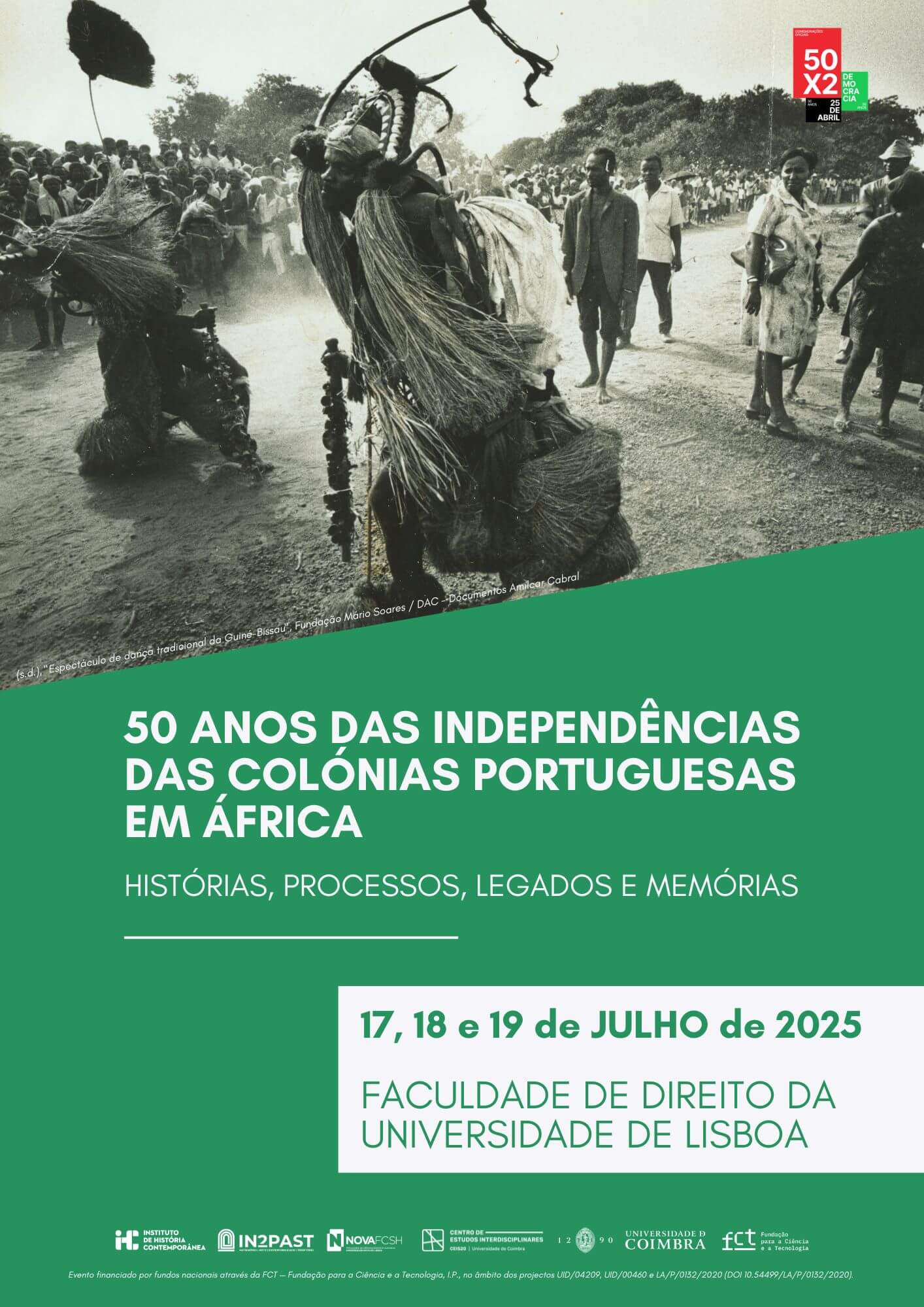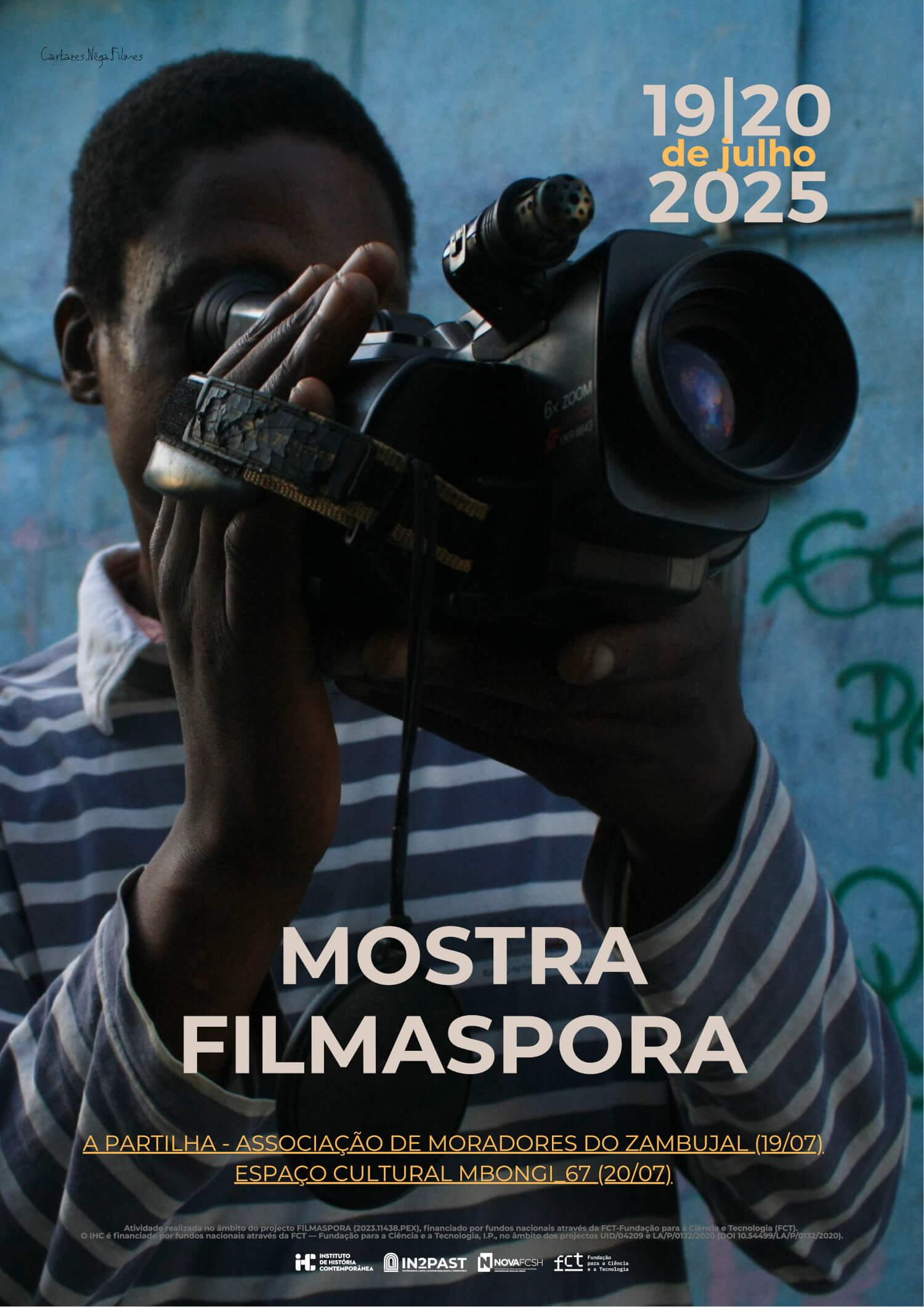Quintino Lopes
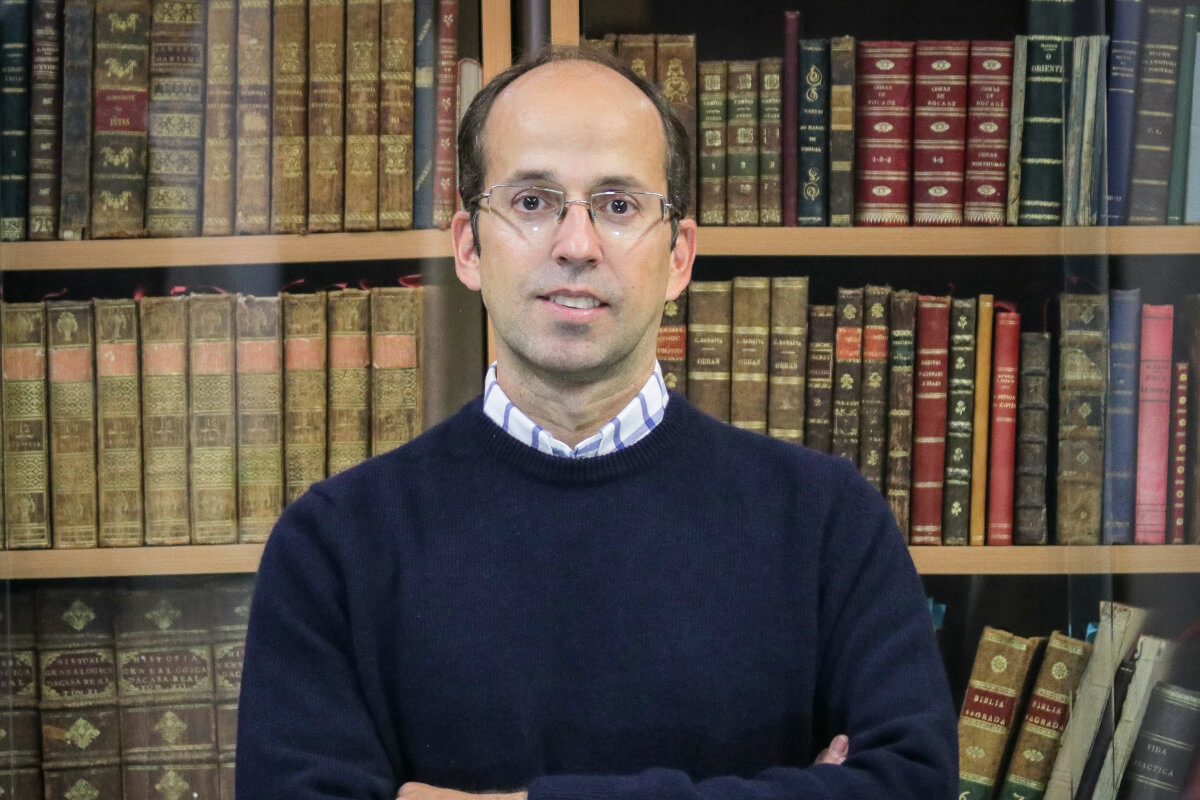
Science: Studies of History, Philosophy, and Scientific Culture
Contact:
quintinolopes1@gmail.com
Biography
Quintino Lopes completed his PhD in History and Philosophy of Science at the University of Évora in 2017. For the development of his doctoral thesis, he received funding from the FCT (fisrt place in the international call). In 2018, he was awarded the “Prémio Publicações Internacionais de Jovens Investigadores” by the Associação Portuguesa de História Económica e Social [Portuguese Asociation of Social and Economic History]. His research has also been recognised and funded by the Johns Hopkins University, the History of Science Society (USA), the Institut National des Langues et Civilisations Orientales (France), and the private company Ferraz de Lacerda (Portugal).
Since 2017, he has focused his research on the History of Experimental Phonetics. Articles about this research have appeared in national newspapers Público and Expresso, and in the television channel RTP1. This research has also been adapted for content of the curricular programme for secondary schools across Europe as part of the “Sharing European Histories” project (Euroclio; Evens Foundation). His versatility is also attested by the consulting work carried out for the film The Year of the Death of Ricardo Reis (2020) — a film adaptation from an historical novel written by the Nobel Prize winner José Saramago.
In 2021, he was awarded a Junior Reseacher contract from the Foundation for Science and Technology, under the auspices of the competitive Individual Call to Scientific Employment Stimulus.
Research fields
- Contemporary history
- History of science
- Comparative and transnational history
- Military dictatorship / Estado Novo
Selected publications
- Lopes, Quintino & Elisabete J. Santos Pereira. “Science funding under an authoritarian regime: Portugal’s National Education Board and the European ‘academic landscape’ in the interwar period,” Notes and Records (2021): http://doi.org/10.1098/rsnr.2021.0037 [link]
- Lopes, Quintino & George Brock-Nannestad, “Lacerda’s chromographs (1930s-1950s): the circulation and appropriation of knowledge in Europe and the Americas,” in Proceedings of the Forth International Workshop on the History of Speech Communication Research, edited by Jan Volín and Pavel Sturm, 93-104. Dresden: Technische Universität Dresden Press, 2021. [link]
- Lopes, Quintino. Uma Periferia Global: Armando de Lacerda e o Laboratório de Fonética Experimental de Coimbra (1936-1979). Casal de Cambra: Caleidoscópio, 2021. [link]
- Lopes, Quintino. A Europeização de Portugal entre Guerras: A Junta de Educação Nacional e a Investigação Científica. Casal de Cambra: Caleidoscópio, 2018. [link]
Main projects
- Researcher in the project “TRANSMAT — Transnational materialities (1850-1930): reconstituting collections and connecting histories.” — Coordinated by Elisabete Pereira (IHC — University of Évora) and funded by the Foundation fos Science and Technology (PTDC /FER-HFC /2793/2020). 2021-2023
- Team member of the project “Desafíos educativos y científicos de la Segunda República Española: internacionalización, popularización, innovación en universidades e instituto” — Coordinated by Leoncio López-Ocón (Instituto de Historia — CSIC) and Álvaro Ribagorda (Universidad Carlos III de Madrid), and funded by the Agencia Estatal de Investigación (Spain) (PGC2018-097391-B-I00). 2019-2022 [link]
- Team member of the project “Dinámicas de renovación educativa y científica en las aulas de bachillerato (1900-1936): una perspectiva ibérica” — Coordinated by Leoncio López-Ocón (Centro de Ciencias Humanas y Sociales del CSIC) and funded by the Ministerio de Economía, Industria y Competitividad (Spain) (HAR2014-54073-P). 2015-2018
- Collaboration with the project “A Investigação científica em Portugal no período entre as duas guerras mundiais e a JEN” — Coordinated by Augusto J. S. Fitas and funded by the Fundação para a Ciência e Tecnologia (HC/0077/2009). 2010-2012
Search
Events
julho, 2025
Tipologia do Evento:
Todos
Todos
Colloquium
Conference
Conference
Congress
Course
Cycle
Debate
Exhibition
Launch
Lecture
Meeting
Movie session
Open calls
Opening
Other
Presentation
Round table
Seminar
Showcase
Symposium
Tour
Workshop
- Event Name
seg
ter
qua
qui
sex
sab
dom
-
1
2
3
4
5
6
7
8
9
10
11
12
13
14
15
16
17
18
19
20
21
22
23
24
25
26
27
28
29
30
31
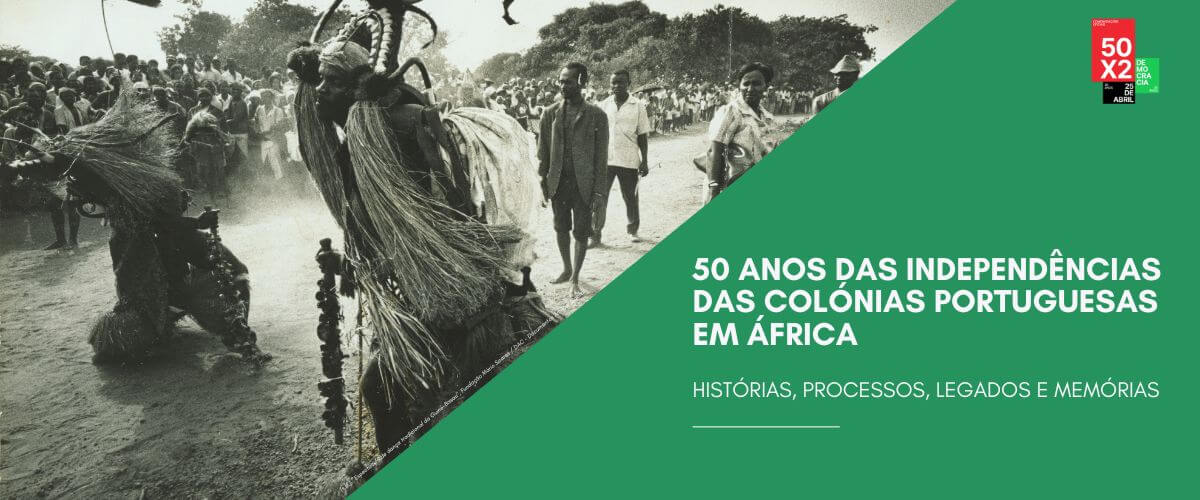
Detalhes do Evento
On the multiple dimensions – histories, processes, actions, memories and postcolonial legacies – of these independences that changed the configuration of global politics in the second half of the 20th
Ver mais
Detalhes do Evento
On the multiple dimensions – histories, processes, actions, memories and postcolonial legacies – of these independences that changed the configuration of global politics in the second half of the 20th century.
50 Years of the Independence of Portuguese Colonies in Africa:
Processes, Legacies and Memories
In 2025, four former Portuguese colonies in Africa (Angola, Cape Verde, Mozambique, São Tomé and Príncipe) will celebrate the 50 th anniversary of their independence, joining Guinea-Bissau which, two years earlier (in September 1973), had unilaterally proclaimed the state of Guinea, formally accessing independence on September 10, 1974. In fact, the complex negotiation processes that opened the door to independence of these territories that had been dominated by Portugal for centuries were not straightforward. Thus, from the Unilateral Declaration of Independence of Guinea (an important precedent at international level) to the opening of negotiation processes in the cases of Angola, Cape Verde, Mozambique and São Tomé and Príncipe complex and important geopolitical and transnational webs were established, in the African and global context of the Cold War and the aftermath of the Sino-Soviet split, which are worth analysing.
The aim of this International Conference is to mark the 50 th anniversary of these transcendental events for the lives of African territories once colonized by Portugal, some of whom (Guinea-Bissau, Angola and Mozambique) endured devastating liberation wars/colonial wars. These struggles for emancipation are part of a long history of resistance by the peoples subjected to imperial exploitation, forced labour, racism and colonialism. As it is well known, the processes that led to independence generated multiple dynamics and ramifications which, on the one hand, went beyond the main borders of each territory; on the other, produced internal and external interactions, with various elements and constraints, combining the international context of the time with internal demands for political sovereignty by the colonized peoples.
In this sense, independence should not be interpreted as an isolated historical event, nor as a linear and homogeneous event. There is a specific historicity that characterizes independence processes in each of the territories, processes that are marked by several and diverse complexities. So much so that we cannot separate independence from the struggles of the liberation movements, anti-colonialism, the revolutions in the Third World, anti-imperialism and the struggle against dictatorship and fascism in Portugal. In short, independence resulted from various struggles carried out by the liberation movements on different fronts. Their actions also contributed to the Revolution of April 25, 1974, and, consequently, to the fall of the fascist dictatorship in Portugal.
Call for Papers
After 50 years of these historical events that led to the emergence of new nation-states, this international conference aims to reflect on the multiple dimensions – histories, processes, actions, memories and postcolonial legacies – of these independences that changed the configuration of global politics in the second half of the 20th century. As such, proposals are invited for contributions on topics such as:
- Independence struggles (concepts, political, cultural and social contexts);
- Independence struggles, anti-colonialism, anti-imperialism and Third World revolutions;
- International solidarity with the former Portuguese colonies and intersections with other anticolonial struggles in the context of the Cold War;
- Actors, activists and independentist organizations;
- Gender, education and popular mobilization in the struggles for independence;
- Arts, artivism and cultural manifestations in the struggles for independence;
- Contribution from independence struggles to the fall of Portuguese dictatorship;
- Decolonization after 25 April 1974;
- Building new African nation-states and neo-colonialism;
- Colonial legacies in independent African countries and Portugal;
- Civil wars and democratic transition in independent African countries;
- The construction of memory in independent African countries and Portugal.
Abstracts for presentations (200 words) and a biographical note (250 words) should be sent to the following email: independencias50anos@gmail.com
Deadline for submissions: 15 December 2024
Notification of acceptance: 30 January 2025
Conference languages: Portuguese, English and French
>> Download the call for papers (PT / FR / EN, PDF) <<
Keynote speakers:
Maria da Conceição Neto (Universidade Agostinho Neto)
Severino Elias Ngoenha (Universidade Eduardo Mondlane)
Organisingg Committee:
Aurora Almada e Santos (IHC — NOVA FCSH / IN2PAST)
Julião Soares Sousa (CEIS 20 — Universidade de Coimbra)
Raquel Ribeiro (IHC — NOVA FCSH / IN2PAST)
Víctor Barros (IHC — NOVA FCSH / IN2PAST)
Scientific Committee:
Gabriel Fernandes (Universidade de Santiago)
Jean Martial Arséne Mbah (Investigador, Doutorado em História Contemporânea)
Jean-Michel Mabeko-Tali (Howard University)
Marçal de Menezes Paredes (Pontifícia Universidade Católica do Rio Grande do Sul)
Maria Nazaré de Ceita (Universidade de São Tomé)
Michel Cahen (Sciences Po Bordeaux)
Miguel Cardina (Universidade de Coimbra)
Odete Semedo (Instituto Nacional de Estudos e Pesquisa, Guiné-Bissau)
Pedro Aires Oliveira (IHC — NOVA FCSH / IN2PAST)
Teresa Cruz e Silva (Universidade Eduardo Mondlane)
Tempo
julho 17 (Quinta-feira) - 19 (Sábado)
Localização
University of Lisbon School of Law
Alameda da Universidade — Cidade Universitária — 1649-014 Lisbon
Organizador
Institute of Contemporary History — NOVA School of Social Sciences and Humanities and CEIS20 - Centre for Interdisciplinary Studies — University of Coimbra
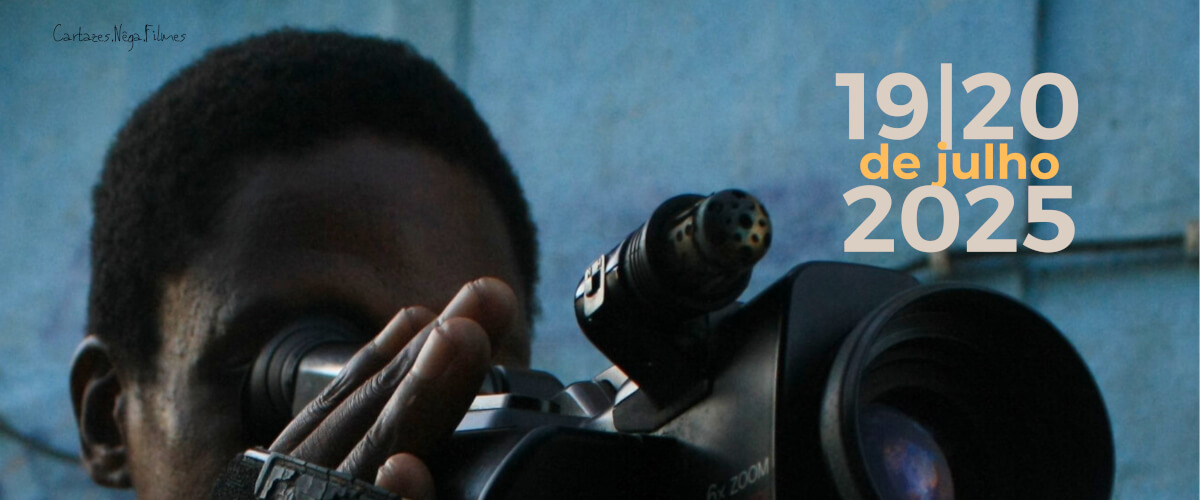
Detalhes do Evento
A film exhibition organised by the FILMASPORA project, which promotes an encounter between productions arising from the Sintra area and works made in the Bairro do
Ver mais
Detalhes do Evento
A film exhibition organised by the FILMASPORA project, which promotes an encounter between productions arising from the Sintra area and works made in the Bairro do Zambujal.
Mostra FILMASPORA
Nos dias 19 e 20 de Julho, a equipa do projecto FILMASPORA organiza uma mostra de filmes que promove o encontro entre produções da Linha de Sintra e obras realizadas no Bairro do Zambujal.
Junte-se a nós para dois dias de diálogo, partilha e cinema.
O projeto FILMASPORA tem como objectivo fomentar o intercâmbio cultural e audiovisual, aproximando comunidades através da exibição de curtas e médias-metragens que dão voz às vivências, expressões e narrativas locais.
Programa
19 de Julho
A Partilha — Associação de Moradores do Bairro do Zambujal, Loures, 21h
21h – HIP-HOP KRIOLO
21h30 – Enciclopédia Hip Hop Volume 1 (2016), de Uncle C
20 de Julho
Espaço Mbongi 67, Linha de Sintra, 16h
16h – Lisboa, Pódio de Quimeras (2021), de Welket bungué
16h30 – Cantores do Submundo (2012), de Fernando Moreira
>> Programa da mostra (PDF) <<
Tempo
19 (Sábado) 9:00 pm - 20 (Domingo) 6:00 pm
Localização
Loures and Sintra
Organizador
Institute of Contemporary History — NOVA School of Social Sciences and Humanitiescomunicacao.ihc@fcsh.unl.pt Avenida de Berna, 26C - 1069-061 Lisbon
News
Fourth edition of the Amílcar Cabral Prize
Jul 17, 2025
Applications are open until 30 September
RESONANCE project studies performance in the revolutionary period
Jul 16, 2025
RESONANCE is coordinated by Hélia Marçal
Manuel Loff receives Porto’s Medal of Merit
Jul 14, 2025
He was one of the personalities honoured by Porto City Council
CONTACTS
WORKING HOURS




